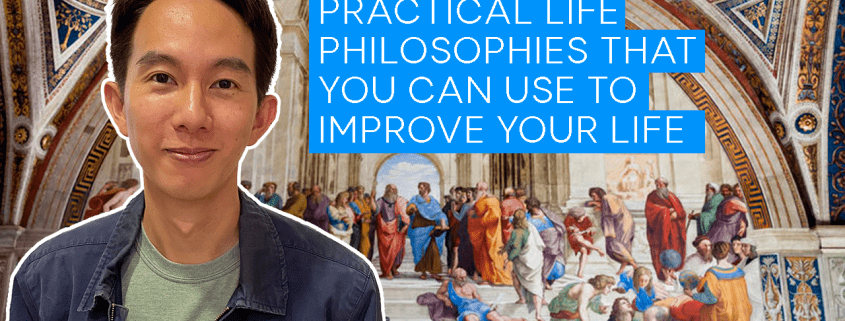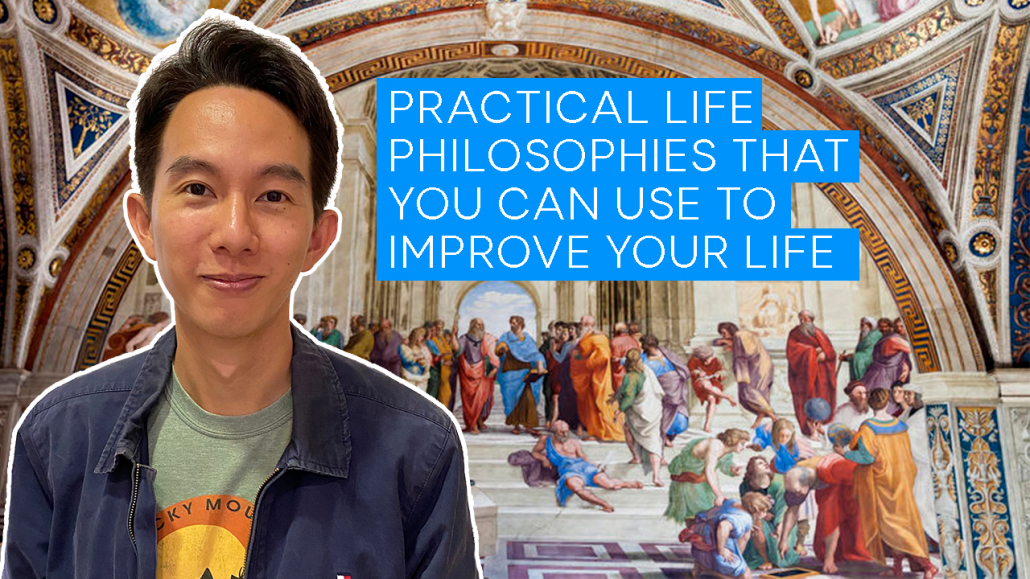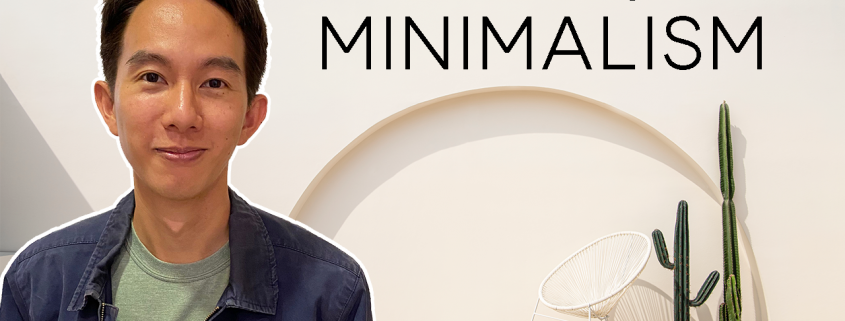Are you curious about the world around you and looking for a way to make sense of it all?
Look no further than philosophy!
Philosophy is the study of fundamental questions about reality, knowledge, and our place in the world.
It can help you understand yourself and the world around you better.
In this blog post, I will explore the different branches of philosophy, the origins of philosophy and how it can benefit you in your personal and professional life.
What is Philosophy?
Philosophy is a broad field that encompasses many different areas of inquiry.
At its core, however, philosophy is the study of fundamental questions about the nature of reality, knowledge, and our place in the world.
a) Metaphysics
One of the main areas of inquiry within philosophy is metaphysics, which is the branch of philosophy that deals with the nature of reality.
Metaphysics addresses questions such as:
What is the nature of the universe?
What is the relationship between mind and body?
Does free will exist?
What is the nature of time?
b) Epistemology
Another important area of philosophy is epistemology, which is the branch of philosophy that deals with knowledge.
Epistemology addresses questions such as:
What is knowledge?
How do we acquire knowledge?
What is the relationship between knowledge and belief?
How can we justify our beliefs?
c) Ethics
Ethics is another branch of philosophy which deals with the questions of morality, what is good and bad, right and wrong.
It looks at various moral theories like consequentialism, deontology, virtue ethics, and more, and addresses questions such as:
What is the nature of moral responsibility?
How should we make moral decisions?
What is the difference between right and wrong?
d) Living a Good Life
On a more general level, philosophy can also refer to a particular set of beliefs or a way of thinking about the world.
In this sense, philosophy can be understood as an approach to life, a set of guiding principles, or a perspective on the world that shapes one’s actions and decisions.
d) Other branches
There are other branches such as logic, which is the study of reasoning and argument, political philosophy which is the study of government and political systems and social philosophy which is the study of social interactions, institutions and organizations.
Philosophy is an attempt to understand the world and our place in it through reason and critical thinking.
It encourages us to question assumptions, to consider alternative perspectives, and to think deeply about important issues.
Philosophy provides tools and perspectives that can be used to understand and navigate the world and to make sense of our own experiences.
Origins of Philosophy
The origins of philosophy can be traced back to ancient Greece, specifically to the city of Miletus in Ionia, where thinkers such as Thales, Anaximander, and Anaximenes began asking questions about the nature of the universe and our place within it.
The earliest philosophers sought to understand the world and our place in it through reason and observation, rather than through tradition or religious belief.
The word “philosophy” comes from the Greek φιλοσοφία (philosophia), which is composed of two parts: “philo-” meaning “love” and “-sophia” meaning “wisdom.”
The word literally means “love of wisdom.”
Benefits of Philosophy
Philosophy is beneficial or relevant in our lives because it helps us to think critically about the world and our place in it.
It encourages us to question assumptions and to consider alternative perspectives, which can lead to a deeper understanding of ourselves and our relationship to the world around us.
Additionally, philosophical ideas and concepts often have real-world applications in areas such as ethics, politics, and law.
Furthermore, it teaches to make well-informed decisions, to think rationally and logically, which can benefit many aspects in one’s personal life and even in the society.
It can help to provide clarity, purpose and peace of mind for many people.
Practical Life Philosophies
There are many practical ways in which philosophy can help us live a more fulfilling life:
- Stoicism: accepting whatever life brings, and focusing on what is within your control.
- Existentialism: individual freedom and choice in shaping one’s own life.
- Epicureanism: pursuit of simple pleasures as the most important goal in life.
- Minimalism: only owning and keeping things that add value to your life.
- Buddhism: living in the present moment, finding peace & happiness through mindfulness & compassion.
- Humanism: reason, compassion, and the pursuit of knowledge and truth.
- Utilitarianism: maximizing the happiness and well-being of the greatest number of people.
- Transcendentalism: ultimate reality is spiritual and transcendent, and that individuals can connect with this reality through intuition and self-reflection.
- Rationalism: reason and logic in understanding the world and making decisions.
- Pragmatism: truth of an idea is determined by its practicality and usefulness.
I will be doing a separate blog post on each of these philosophies, with a detailed breakdown of practical applications.
Concluding Thoughts
Philosophy may seem like an academic discipline, but it’s more than that.
It is a way of thinking, an attitude towards life and a set of principles that guide one’s actions and decisions.
Through the study of philosophy, you can learn to think critically and make better decisions, gain a deeper understanding of yourself and the world around you, and find meaning and purpose in life.
Whether you’re trying to figure out what’s truly important in life, or just looking to improve your critical thinking skills, philosophy has something to offer.
As the saying goes, “The unexamined life is not worth living,” so dive in and start exploring the world of philosophy today!
Now that I have shared what philosophy is about, and the practical ways you can apply it in your life, which philosophy do you feel resonates the most with you?
What other useful philosophies do you apply in your life?
Let me know in the comments below.

If you are excited to get more life hacks, also check out: “Beyond Financial Freedom: An Unofficial Guide to Living Your Best Life”
After trading for 18 years, reading 1500+ books, and mentoring 1000+ traders, I specialise in helping people improve their trading results, by using tested trading strategies, and making better decisions via decision science.









